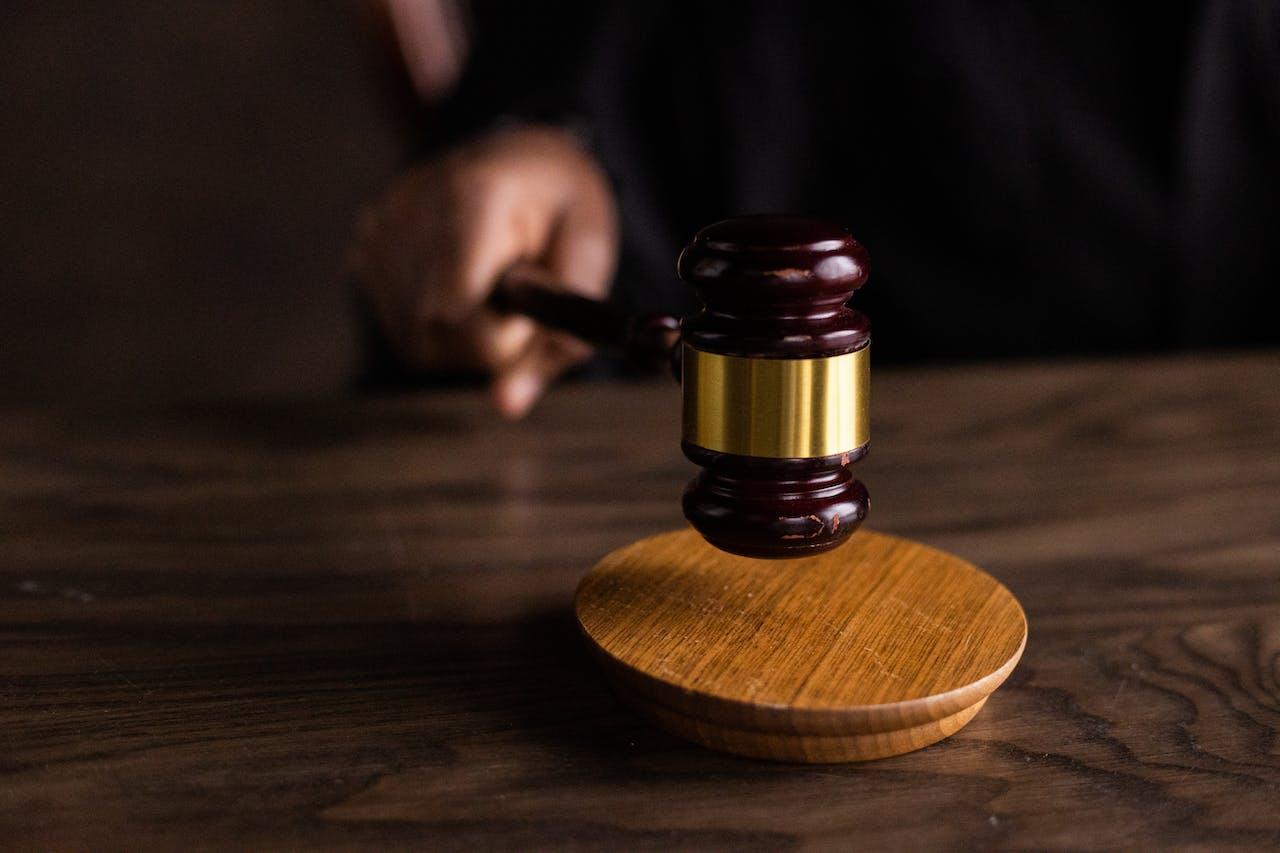
Latest News
What to Know Before Adding a Child to Your Home Deed
Adding a child’s name to your deed can have significant consequences, particularly if you later need nursing home care and apply for Chronic Medicaid. Medicaid eligibility rules are complex, and transfers of property can directly affect whether benefits are approved.

Revocable Trusts have become increasingly popular estate planning tools to avoid probate. A trust allows for the orderly and private administration of your assets at death without court involvement.

Q: My grandparents on my mom’s side are leaving me their house in their will after they both pass away, will I be able to sell it right away?

When you’ve taken the crucial step of drafting a Will, it’s equally vital to prepare your chosen executor for what lies ahead. Informing them ahead of time ensures a smoother process during what can be a challenging period.

An Irrevocable Life Insurance Trust (“ILIT”) is a valuable estate planning tool used to reduce estate taxes – known as death taxes during an election year. Whether you need an ILIT depends on how much your assets are worth now or what your potential net worth is in the future.

Whether an executor needs to hire an attorney depends on the type of assets, size of the estate, family dynamics, estate tax considerations, and outstanding bills.

Most people do not realize that a Will likely does not control who collects on a life insurance policy. The beneficiary named on the policy supersedes the Will. So long as the policy owner correctly designated a beneficiary on the policy, that designation controls.

In New York State, a parent has no obligation to leave an inheritance to a child. Many other countries have “forced heirship” which prohibits parents from disinheriting children, but Louisiana is the only US state with such a law.

The word is defined as “the ability to be easily moved,” but in the context of Trusts & Estates, it means much more. In this regard, portability is one of the strongest tools in the planner’s toolbox to reduce or eliminate federal estate taxes after the deaths of a married couple.

Surrogate’s Court hears cases involving the affairs of decedents, the probate of wills, and the administration of estates. The Surrogate’s Court also handles certain types of guardianship petitions and adoptions.

Whenever a loved one passes, especially one that was depended on, it is often difficult for one to even consider the next steps, yet alone know what those steps are.





